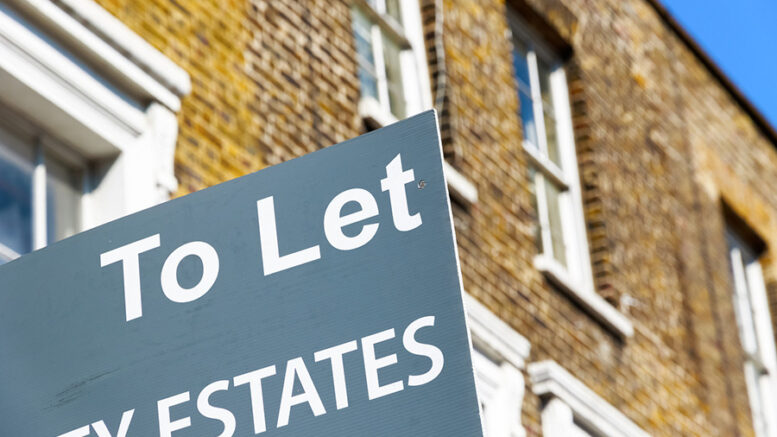UK rental growth has slowed to its lowest level in 30 months, with Zoopla’s latest Rental Market Report showing a 6.6% increase in rents. Despite this slowdown, the competition for rental properties remains intense, with an average of 15 people vying for each available home.
Rental growth slows while competition remains high
The average UK rent now stands at £1,226 per month, with rental growth dropping to 6.6%, its lowest level since October 2021. In certain cities, rents have fallen over the last quarter due to local supply and demand changes and affordability constraints. Nottingham saw a 1.4% decrease, Brighton 1.1%, York and Glasgow both 0.4%, and Cambridge and London 0.3%. Richard Donnell, Executive Director at Zoopla, commented, “The increase in the cost of renting has slowed to a 30-month low. Rents continue to grow faster than average earnings, although the gap is much narrower than a year ago.”
Affordability challenges for renters
Despite the slowdown in rental growth, affordability remains a significant challenge. The proportion of gross earnings spent on rent is at its highest level in a decade across all regions. In London, renters spend 41% of their gross earnings on rent, compared to 21% in Scotland. This disparity explains why rents are rising fastest in regions where rental costs account for a smaller proportion of earnings, such as the North East and Scotland.
Impact on landlords and the rental market
The rental market continues to face a shortage of new investment in privately rented homes, exacerbating the scarcity for renters. The number of private rented homes in Great Britain has remained flat at around 5.4 million since 2016. Rising interest rates and tax changes have discouraged new buy-to-let investments. Nathan Emerson, CEO of Propertymark, highlighted the need for government action: “As legal and financial obligations increase for landlords, it’s no surprise that many are turning elsewhere to invest their money. A priority for the new UK Government should be to support and incentivise landlords to invest, not to deter or penalise them like we’ve continued to see in the past.”
Outlook for the rental market
The market is projected to see a further slowdown in rental growth to 5% in 2024, driven by changes in demand and affordability rather than an expansion in supply. Richard Donnell stressed the importance of increasing the supply of rented homes: “Growing the supply of rented homes, both private and affordable, should be among the top housing priorities for the next Government. A healthy private rented sector is vital for economic growth and a more balanced housing market.”
Nicola Thivessen, Director of Group Compliance at KFH, added, “As we head into the peak summer period, the sector would benefit greatly from a continuation of more available homes to rent, which would help level out the ongoing imbalance between supply and demand, easing the pressure off tenants in terms of affordability.”
Balancing the rental market
The UK rental market faces ongoing challenges with high demand and limited supply. While rental growth has slowed, affordability remains a pressing issue for many tenants. To achieve a balanced market, the next government must focus on increasing the supply of rental homes and providing better support for landlords. By addressing these issues, it will be possible to alleviate the pressure on renters and improve the overall quality and availability of rental properties.







